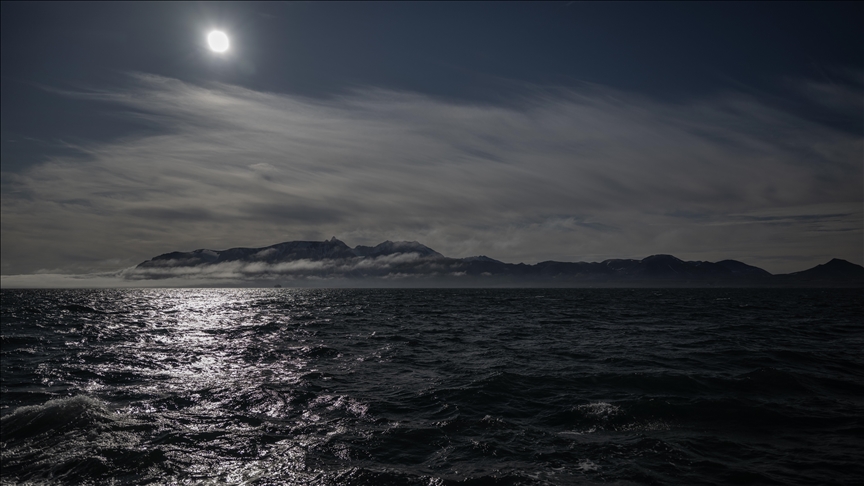More than 20% of the world’s oceans have darkened in the past two decades, which is alarming for marine life. Researchers from the University of Plymouth and Plymouth Marine Laboratory recently revealed this finding based on satellite data.
Their study, published in Global Change Biology, shows that about 75 million square kilometers of ocean have lost light, an area roughly the size of Europe, Africa, China, and North America combined. This darkening is especially troubling because the top 200 meters of the ocean is where 90% of marine species reside. Sunlight can reach depths of about 1 kilometer, but most marine organisms rely on the surface light.
According to the study, several factors contribute to this darkening. Climate change is impacting ocean circulation. Other issues include increased runoff from coastal areas, sediment buildup, changes in rainfall patterns, and rising sea temperatures. Algal blooms, which can block sunlight, are also a problem.
With less light, marine species are being pushed into shallower waters. This means more competition for food and greater risk from predators. The researchers warn of serious consequences for marine ecosystems and global fisheries. The balance of nutrients and carbon in the oceans could also be affected.
User reactions on social media highlight growing concern. People are discussing the long-term impacts on fishing communities and marine biodiversity. As we face these challenges, understanding the connections between climate change and ocean health becomes vital.
Recent studies suggest that addressing these issues early on could help mitigate damage. For instance, organizations advocating for sustainable fishing practices emphasize the importance of protecting marine habitats. Increased awareness and action can potentially prevent further deterioration of our oceans.
For more insights on marine health and climate change, you can refer to studies from trustworthy sources like National Oceanic and Atmospheric Administration or World Wildlife Fund. Exploring these resources can provide valuable information on how we can all contribute to ocean conservation.
Source link
marine life,oceans,Research,Anadolu Ajansı


